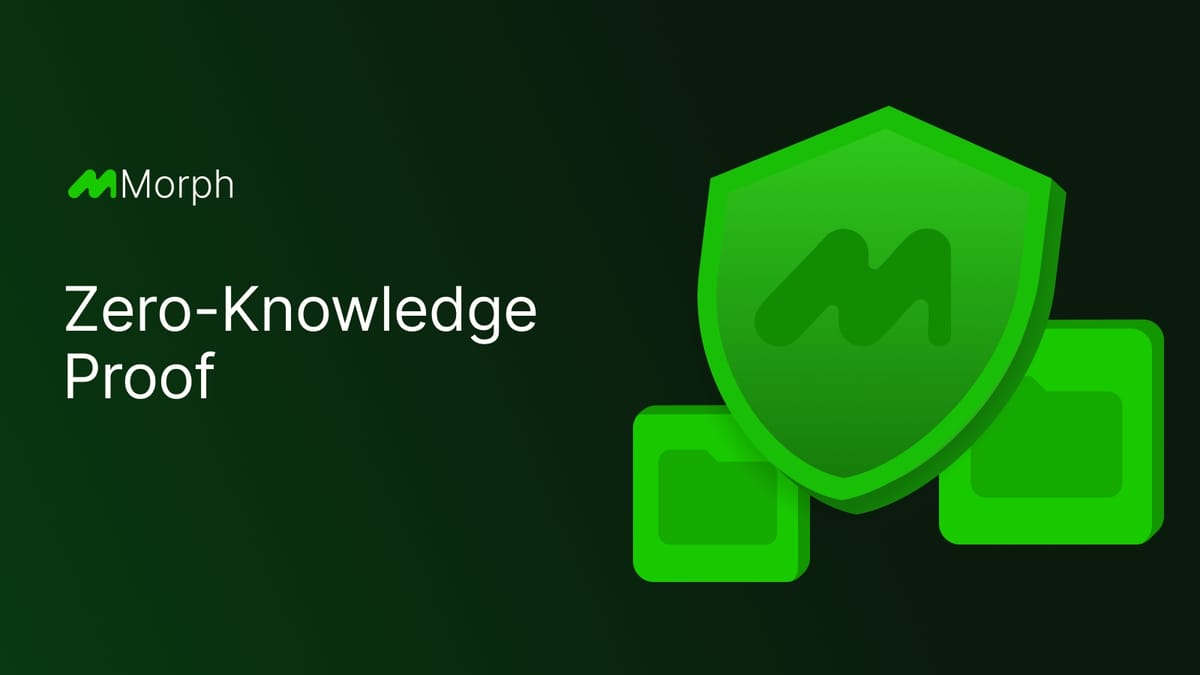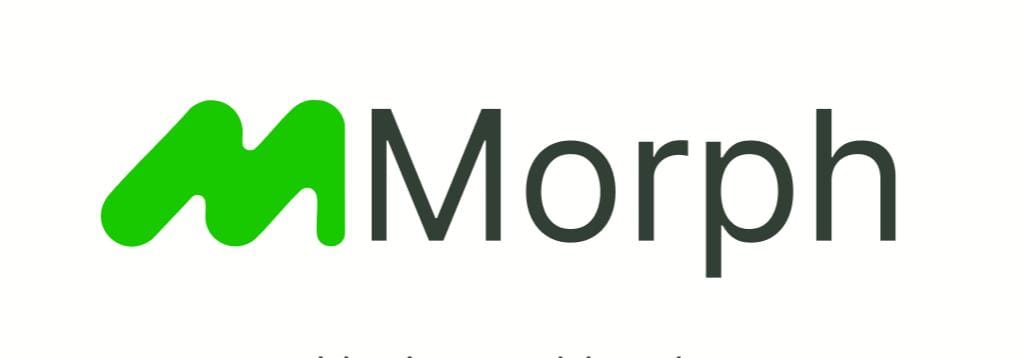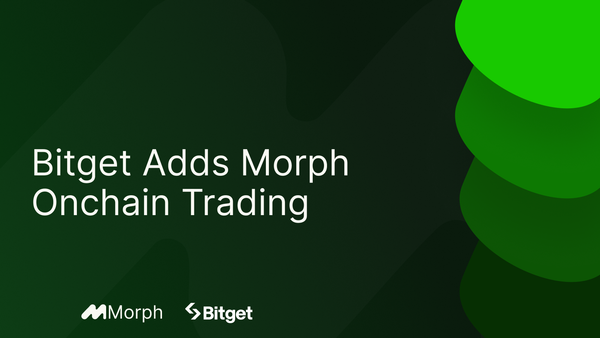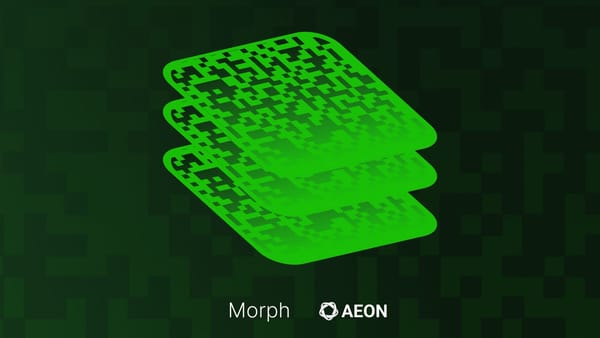WTF is a Zero-Knowledge Proof?

Traditional verification is straightforward but inefficient. When you log into a website, you prove your identity by showing your password. When you withdraw money, you show your entire ID. When blockchain networks verify transactions, they typically process every detail of every operation. In each case, you're revealing more information than necessary.
So what if you wanted to prove you have enough money in your bank account for a purchase but didn’t want to reveal your exact balance or transaction history? Or what if you need to verify your age without showing your ID and all its personal information? How do you prove something is true without revealing any unnecessary information?
This is exactly what Zero-Knowledge Proofs (ZKPs) solve. They're a cryptographic method that allows one party (the prover) to prove to another party (the verifier) that something is true without revealing anything beyond the fact that it is true. While this might sound confusing, it's all based on math working behind the scenes to make this seemingly impossible challenge a reality.
How Do Zero-Knowledge Proofs Work?
For a proof to be considered "zero-knowledge," it must satisfy three fundamental properties:
Completeness
If the statement is true, an honest verifier will be convinced by an honest prover. Think of it like a key fitting perfectly into a lock. Only if you have the right key the door will always open.
Soundness
If the statement is false, no cheating prover can convince the verifier that it's true It's like trying to unlock a door with the wrong key, no matter how clever you are, you won't get in.
Zero-Knowledge
The verifier learns nothing except that the statement is true. Imagine proving you know your email password by logging into your account while the verifier's screen is turned off, they can’t see your password, but they’ll see you successfully logged in.
Let’s see these properties operate in action with a detailed example. Let’s say your government tasks you with creating a digital ID system that uses zero-knowledge proofs to let citizens prove their identity to government services. When a citizen needs to access tax services:
- Their digital ID card generates a proof using their stored personal data
- This proof verifies their identity to the tax service
- The service can confirm the proof is valid (completeness)
- No one can forge a valid proof without the correct ID (soundness)
- The service verifies their identity without accessing their full personal data (zero-knowledge)
Zero-knowledge proofs are already transforming various industries. Healthcare providers use them to verify insurance coverage without exposing medical records, governments implement them for privacy-preserving digital identity systems, and financial institutions leverage them for KYC compliance without storing sensitive data. Even voting systems are exploring ZKPs to prove votes are counted correctly while maintaining ballot secrecy.
Of course, this technology is particularly valuable in blockchain, where networks need to verify huge numbers of transactions efficiently. Traditional blockchain verification requires processing every detail of every transaction, which becomes increasingly unsustainable as networks scale. ZKPs solve this by allowing networks to verify that large batches of transactions are valid through a single, compact proof, dramatically reducing the computational resources and time needed for verification. This capability is especially crucial for Layer 2 solutions that need to prove their transactions are valid without burdening the main chain with excessive verification work.
How Morph Implements Zero-Knowledge Proofs
As the global consumer layer, Morph takes a unique approach to implementing zero-knowledge proofs through our Responsive Validity Proof (RVP) system. Unlike other Layer 2 solutions that either use ZKPs for every transaction (expensive) or rely purely on optimistic verification (slow), we've created a hybrid system that maximizes efficiency while maintaining security.
Our approach is simple, we process transactions optimistically (assuming they’re valid) for speed but use zero-knowledge proofs when challenged for security. This means users get fast, cheap transactions by default, but with the uncompromising security of ZKPs as a backup. We've recently enhanced this system further with our SP1 zkVM upgrade, which makes generating these proofs faster and more efficient than ever.
This implementation exemplifies our vision for consumer blockchain. The sophisticated cryptography of zero-knowledge proofs works invisibly in the background, while users enjoy transactions that cost cents instead of dollars, settlement in 2 days instead of a week, and uncompromising security without any complexity. With unlimited scalability for future growth, this is blockchain finally working the way it should. Because true innovation is about making complex technology disappear into the background, while only the tangible benefits shine.




